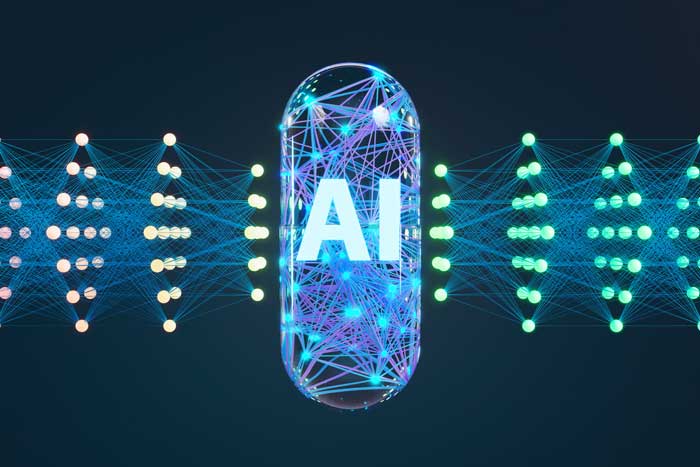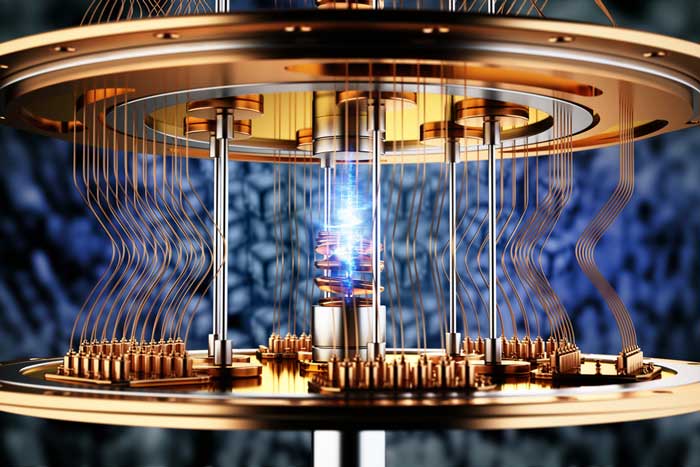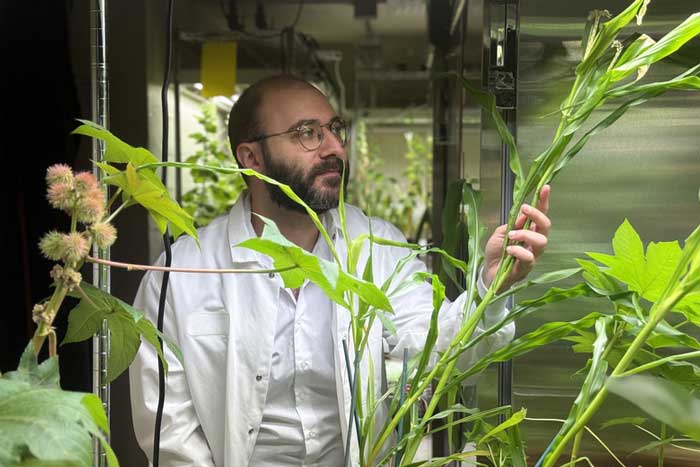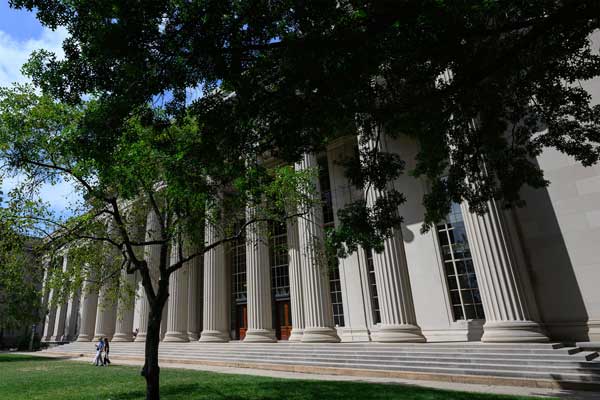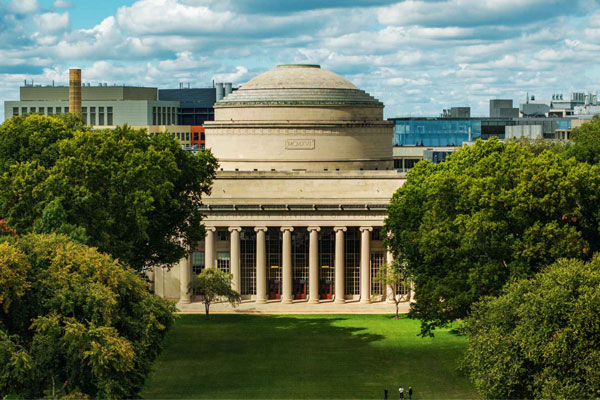Spotlight: Oct 28, 2025
Focusing on the risk of nuclear escalation, Caitlin Talmadge studies militaries’ on-the-ground capabilities and how they are influenced by political circumstances. “It’s important for me to do scholarship that speaks to real-world problems,” she says.

